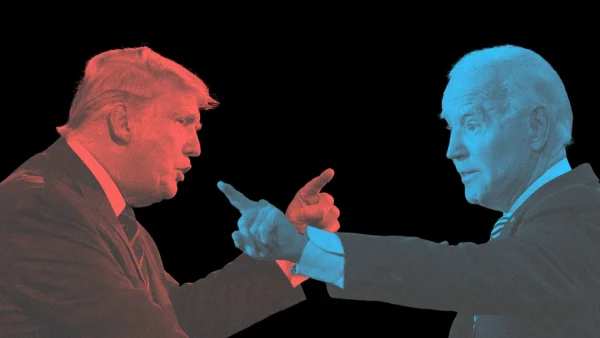The Subtle Misogyny Behind the Belittling of Women’s Interests
Women’s History Month celebrates the many contributions of women throughout history. Despite the fact that countless women of various identities have been the backbone in shaping our society, starting at a young age, they have been subjected to immense hostility and belittling in almost every aspect of life. As a result, it is almost impossible to identify one interest of women that is not scrutinized by others. In particular, being a “fangirl” of any subject whether that be sports, a musician, actor or entertainer comes with the cost of being criticized by society.
The phrase “fangirl” is used to berate and ridicule women fans of various subjects. The directness of the word holds a more significant negative connotation that extends beyond the simplicity it would suggest. When asked to describe the characteristics of a fangirl, it is likely that many would use words such as obsessive, hysterical and crazy. Hearing this language that is often used to depict women holds the potential to be damaging to the self-image of young girls, often resulting in feelings of invalidation and shame. Being a dedicated fan is not exclusive to women, as it also applies to men and those who do not identify within the confines of “femininity.” This, however, creates a double standard because male behavior is not deemed “crazy” as it is with women. For men who are interested in sports, the hypermasculinity displayed by some male fans when their favorite team loses is often justified as passion and devotion, rather than the neuroticism and obsession associated with women.
An article written by Vogue highlighted that the widespread negative views of fangirls stem from long-existing systems of misogyny and patriarchy. This created a system in which the interests of men have historically been placed at the forefront of society, while women’s were diminished. SLU Professor of Women and Gender Studies, Amanda Izzo, Ph.D., provides some insight as to the reasons behind the stigma of women’s interests.
“Some part of this may come out of widely shared stereotypes and expectations that men are rational actors, that they use reason and deliberation to move through the world,” Dr. Izzo said. “The corresponding stereotype is that women are emotional, subject to irrational and unreasonable feelings that make them behave in ways that show a lack of control and intellectual capacity. After all, the root of that word hysteria refers to the uterus.” Dr. Izzo expands by explaining that these stereotypes proceed to place emphasis on male interests within society.
This argument particularly resonates within the sports realm. In 2018, professional tennis player Serena Williams slammed her racquet following a loss in an important game. Her action garnered an immense amount of criticism over her character, despite Novak Dijokic, a professional male tennis player, doing the same on several occasions. In his case, many news outlets and viewers explained his behavior as being a byproduct of the pressure of the game. This brings up the hypocrisy that when women are expressive in the same manner as men are, they are accused of being irrational and too emotionally invested.
More often than not, women are often placed in situations in which there is pressure to justify their interests in order for it to be deemed authentic. Women who are interested in stereotypically masculine subjects may be questioned on obscure facts to prove knowledge on the topic, or in other cases, if a woman is a fan of a male musician or boyband, her authenticity is brought into question as well. One Direction, arguably one of the most influential boybands of this generation is a good example. This fandom is notorious for being composed of mostly dedicated young girls and women. Many individuals portray the enjoyment of One Direction’s music as people’s obsession with the members and their looks, rather than the talent the group brings. As a result, it was ridiculed and deemed as a childish interest. Those who remain “tormented” by the events of March 25, 2015 understand that enjoying One Direction’s music was not simply a childish phase. This is a largely gendered phenomenon that occurs throughout many different fanbases. Not only are the fangirls ridiculed, but artists with a primarily women fanbase are also written off as illegitimate artists.
Fangirls do not only face criticism from men, but in fact other women have also been perpetuators of this shaming. Internalized misogyny and the attitude of desiring to be different from the girls who enjoy stereotypically feminine interests are large contributors.
Women’s interests have been and continue to be deemed as less serious than those of men due to the prioritization of men’s interests in society. In order to reframe the narrative behind being a fangirl, it is important to recognize the multifaceted underlying factors that contribute to the continued stigmatization of this group.
Your donation will support the student journalists of Saint Louis University. Your contribution will help us cover our annual website hosting costs.










